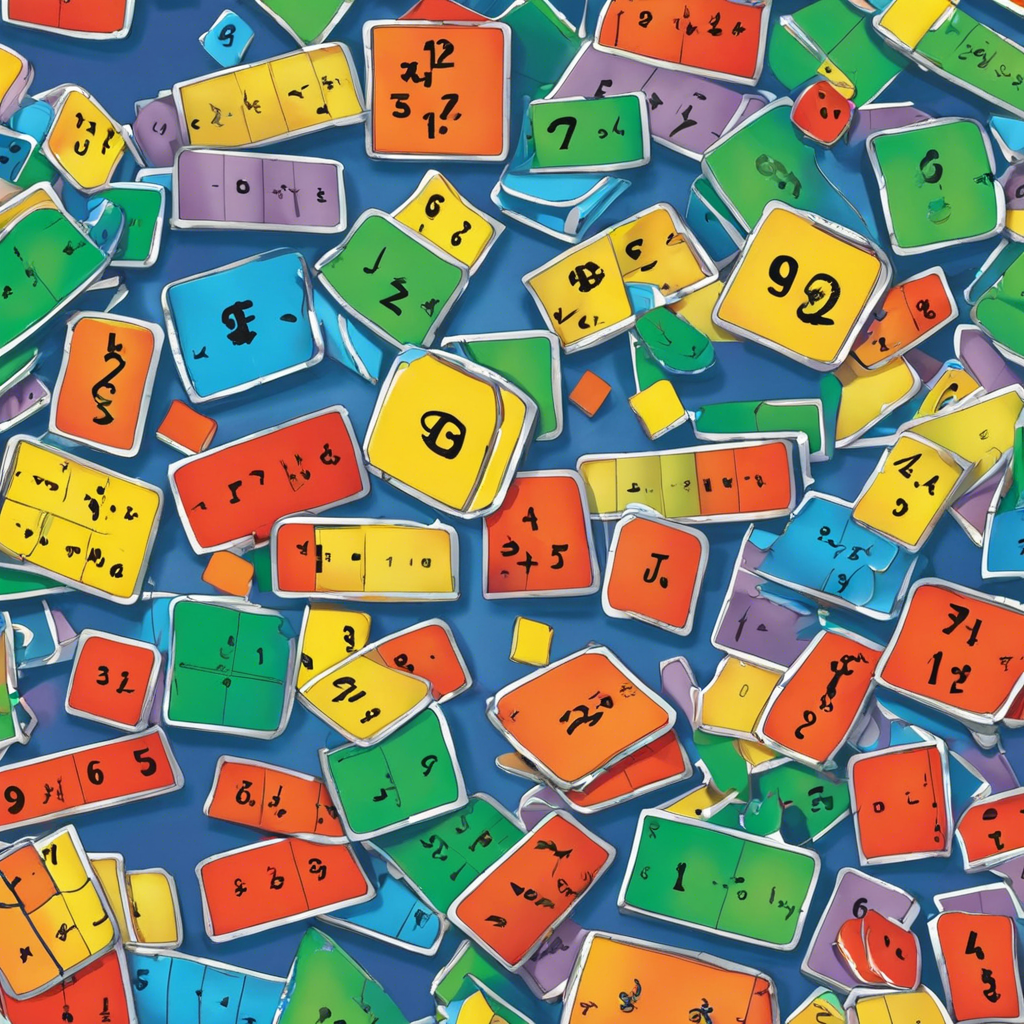Educational games enhance math skills, improve engagement, and foster a growth mindset in students of all ages.
In today’s digital age, incorporating technology into education is becoming increasingly common. One such way is through the use of educational games, which have proven to be an engaging and effective tool for enhancing learning, particularly in the realm of mathematics. Educational games are designed to teach specific skills or concepts while providing an enjoyable experience for students.
Learning mathematics can sometimes be a challenging and daunting task for students, especially when traditional teaching methods fail to capture their interest and motivation. This is where educational games come into play, offering an innovative approach to make math fun and accessible. By gamifying the learning experience, students actively participate in their education, leading to improved comprehension and retention.
Benefits of Educational Games in Math Education
Educational games can revolutionize the way students perceive and engage with mathematics. Here are some key advantages of incorporating these games into the curriculum:
1. Interactive Learning
Games provide an interactive platform where students can apply mathematical concepts in a practical and engaging manner. For instance, a game like Prodigy [^1^] transforms math into a magical adventure, allowing players to cast spells and battle enemies using their math skills. This immersive experience encourages students to actively participate and fosters a positive attitude towards learning.
2. Personalized Learning Experience
Many educational games offer adaptive learning paths, tailoring the difficulty level and content to each student’s unique needs and abilities. This personalized approach ensures that students receive appropriate challenges, preventing them from becoming disheartened by tasks that are too complex or bored by those that are too easy. Khan Academy [^2^], for instance, provides a vast library of math lessons and practice exercises, allowing students to progress at their own pace and receive immediate feedback.
List of Math Skills Enhanced by Educational Games
Here is a list of math skills that can be effectively taught and reinforced through educational games:
- Basic Arithmetic: Addition, subtraction, multiplication, and division.
- Fractions and Decimals: Understanding and manipulating fractions, decimals, and percentages.
- Algebraic Thinking: Developing problem-solving skills and understanding variables and expressions.
- Geometry: Identifying shapes, measuring angles, and exploring geometric relationships.
- Data Analysis: Collecting, organizing, and interpreting data through graphs and charts.
Implementing Educational Games in the Classroom
Choosing the Right Games
When selecting educational games, teachers should ensure they align with the specific curriculum and learning objectives. A game like DragonBox [^3^] offers a unique approach to teaching algebra, allowing students to gradually learn algebraic concepts through engaging puzzles and challenges.
Incorporating Games into Lessons
Educational games can be seamlessly integrated into regular lessons to reinforce key concepts. For example, incorporating a short math quiz game at the beginning or end of a lesson can serve as a fun way to review previously learned material or introduce new topics.
Q&A: Addressing Common Concerns
Are educational games suitable for all ages and grade levels?
Yes, educational games are designed to cater to a wide range of ages and grade levels. Developers often create versions of their games that align with different educational standards, ensuring that students from kindergarten to high school can benefit from these interactive learning tools.
How can I ensure my child is actually learning from these games?
Educational games are carefully designed to incorporate learning objectives and curriculum standards. By choosing games that align with your child’s grade level and subjects being studied, you can ensure they are reinforcing the skills they need. Additionally, many games provide progress tracking and performance reports, allowing parents and educators to monitor learning outcomes.
What if my child becomes addicted to these games and neglects other responsibilities?
While educational games are engaging, it is essential to set boundaries and establish a balanced approach. Parents and educators should encourage a healthy balance between gaming and other activities. By allocating specific time slots for gaming and maintaining open communication, you can ensure that educational games remain a positive and beneficial part of your child’s learning journey.
Conclusion
Educational games offer a dynamic approach to learning, making mathematics more accessible and enjoyable for students. By combining interactive gameplay with curriculum-aligned content, these games empower students to take ownership of their learning, fostering a growth mindset and a love for math. As technology continues to shape the educational landscape, embracing innovative tools like educational games can lead to more effective and engaging learning experiences.
—
[^1^]: Prodigy
[^2^]: Khan Academy
[^3^]: DragonBox
